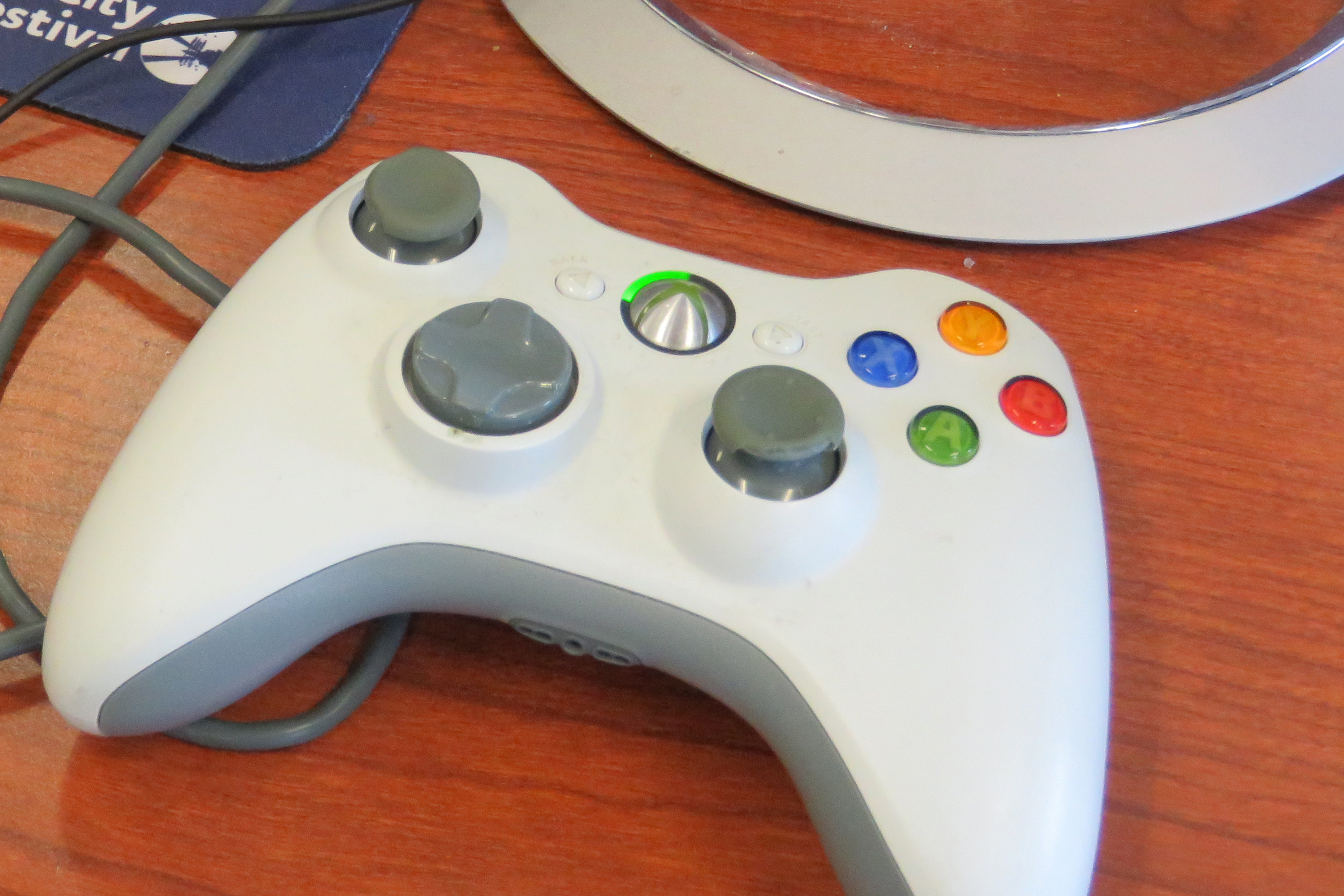The capabilities of gaming technology today are astounding, and it is everywhere. It’s in our homes, cars and pockets, and it could be an answer to improving our health. Assistant Professors Bree Holtz and Taiwoo Park, along with outreach specialist Katharine Murray, conducted a systematic review on the potential for serious gaming to help promote the health of children living with chronic illness. The researchers’ findings were published in Games for Health and presented at the 2017 International Communications Association conference in San Diego, California.
More Than a Hobby
Serious games are games in which entertainment has a secondary purpose. Their main intent is to serve as a tool for learning, exploration, health and other aspects of well-being. Holtz, Park and Murray reviewed research found in past journals to grasp a better understanding of how health and serious gaming interact.
“Because of my work with type 1 diabetes and working with a team to develop MyT1DHero, an app for adolescents with type 1 diabetes, I was curious about the state of serious games for helping improve the health of kids,” said Holtz, the lead researcher and author of the paper. “More and more kids are getting diagnosed with chronic illness. They have to learn about their illness and what they need to do to manage it. Games, particularly video games or app games, may be a way to help them learn.”
Based on the compiled data from the reviewed research, the team determined that serious games can improve health and health behaviors. This conclusion is good news for children and their parents, given the popularity and availability of video games in our highly-digitized society.
In terms of serious gaming, Holtz suggests parents be more present in game play to better connect them with their children’s interests. They can do this by playing the games with their kids or by asking questions that reinforce a game’s objectives.
It Takes a Team
Park is a co-author of the publication whose work focuses on aspects of media and information such as human-computer interaction, mobile applications, augmented reality and serious games. He has studied serious games like fitness games, as well as games for therapy, behavior change and more.
“When Dr. Holtz talked to me about the systematic review it sounded very interesting, as it was a chance for me to study the brief history of serious games for children's chronic disease,” said Park. “My interpretation is that the mechanism of serious games for disease or medical settings in leading to tangible health benefits is multi-faceted. It is very contingent to not only game design itself, but also other contextual factors including the hardware or software platform, gaming interface, genre and dosing environment.”
Both Park and Holtz expressed their enthusiasm for the research community within ComArtSci and the opportunity for interdisciplinary collaboration while working on the project.
“We have a great community of scholars who are interested in games, and Dr. Park was amazing to collaborate with,” said Holtz.
There is still distance to be gained in the development of serious games for the improvement of health in children with chronic illness, but the research looks promising.
“I hope that game developers and clinicians can take some of the suggestions we found when creating a game,” said Holtz. “I’m hoping to use what I learned from this study to develop more game components into the MyT1DHero app.”
By Kristina Pierson
